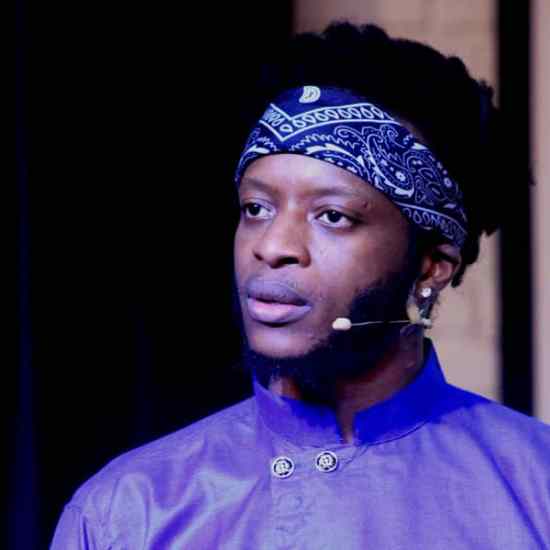
By Panashe Mnemo and Michael Dodo
The journey of democracy in African countries is a rocky road
The postcolonial era marked the establishment of democratic principles in Africa after the post-Cold War era. These changes made Africa a centre of Western interest. Initially, democracy emerged as a liberating and constructive tool for addressing Africa’s political challenges. But decades later, reality remains far from ideal.
Authoritarian regimes masquerading as democracy:
Democracy has struggled with the emergence of kleptocracies—where corrupt leaders use their positions for personal gain—and authoritarian regimes tied to political power weaken institutions. Authoritarian leaders have skilfully shaped their governments in acceptable democratic ways: rigged elections, evading presidential term limits to maintain power indefinitely and separation of powers that exist only on paper, while the real power is cumulative.
The West’s continued push for democracy
The West supports democracy in Africa because it has normative beliefs about universal democratic values. Democracy is seen as a fundamental right of all people consistent with good governance, and accountability hence the necessity to protect these principles. Western interest in Africa also extends beyond philanthropy. Participation is driven by multidimensional considerations such as economic partnership, security cooperation, and geopolitical influence.
But the Western push for democracy tends to ignore the major concerns of African political leaders of Africa’s history and institutional capacity. Africa’s colonial legacies, ethnic divisions and historical injustices shape its political landscape. The road to democracy must consider this. Democracy cannot thrive without strong institutions such as independent courts, a free press, and civil society.
‘Mocked’ elections in Africa?
The electoral process has often been ridiculed. This is because ruling parties have become adept at exploiting loopholes. Changing strategies intended to support democratic ideals, genuinely disturbs democratic processes. Elections are rigged and citizens face pressure through coercion or intimidation, as in the case of Zimbabwe since 2003.
Freedom struggle regimes—based on historical independence movements— also continue to dominate politics. Some verbal connotations and statements by African leaders suggest the iron fist that the liberation fighters have over Zimbabwe. This depicts an entitled mentality plaguing the political situation in African states now.
Enter the so-called “international election observers”. Their mandate: to maintain and protect the integrity of elections. However, these observers often fail to ensure that elections meet international standards. Their presence alone does not guarantee justice. The gradual loss of confidence in their role undermines the democratic process.
The demand for decoloniality
Africa’s journey to democracy must confront its colonial legacy. At the heart of decolonisation is the visionary thinker Frantz Fanon who called colonialism a “fundamental problem”—one that continues to shape Africa’s course long after independence. His suggestion is that former colonies must grow freely particularly from the need for recognition from former oppressors.
Democracy as a strategy
Decolonial thinking is necessary to serve democracy and Africa itself because:
Western Perspective and African Reality: Western ideologies positioned democracy as the only catalyst for African economic growth. However, the reality is more nuanced. Africa’s unique history and cultural diversity require tailor-made solutions.
Support and Political Threads: In the 1990s, foreign aid became associated with democratisation and regime reform in Africa. The West used aid as a tool to promote democratic ideals. But this often-attached strings, subtly sustaining colonial dynamics.
The Question of Transnational Democracy: African writer Dambisa Moyo is challenging conventional wisdom. She insists that Africa does not need multilateral democracy to accelerate economic growth. She offers a controversial alternative: a benevolent dictator—a leader who can quickly implement the reforms needed to boost economic growth.
Will Africa break free from the shackles of history and embrace decolonized democracy? The answer lies in the hands of its people—the true architects of change. Perhaps it is time to rethink the Western system and create an approach that meets Africa’s unique needs. In this delicate balance of tradition and change lies Africa’s destiny—a decolonized democracy free from the burdens of history and serving its people.








